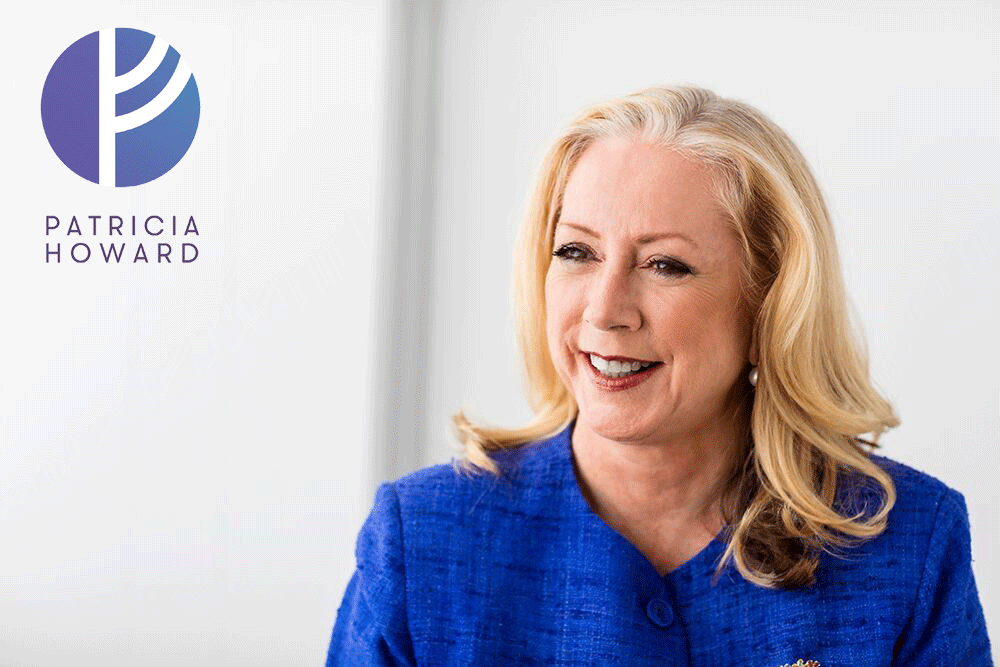Finding the Best Way Forward in Uncertain Times

The prospect of a US recession, the on-going wars in the Middle East and Europe, the rise of inflation and the uncertainty surrounding interest rates, have made for some unsettling times in the past few weeks.
However, it’s important to note superannuation is largely immune these inevitable ups and downs of investment markets and this should provide a lot of comfort for those with superannuation savings.
Superannuation is a long-term investment, so it’s ideal for riding out market volatility. If you are still contributing to super, by definition you are dollar cost averaging your investments, which effectively smooths out market movements and the relatively benign tax treatment of savings helps further.
As you will read, as long as you make sound investment decisions and don’t panic and move to cash during periods of uncertainty, then superannuation will hold your savings safely over the long term.
Interestingly, many couples are determined to keep their super to themselves. In twenty years of advising clients, most people don’t know how much super their partner has in super, and many are afraid to ask.
This makes no sense. Most couples happily commit to shared ownership and responsibility of the mortgage over their home and the success of home ownership lies with the fact many couples work long and hard together to repay that loan.
So, it should be with superannuation. In this newsletter, I outline the many reasons why couples should look upon their superannuation savings as a shared asset and make investment decisions accordingly.
A common question I’m asked is ‘Now that I’ve reach retirement age, can I make more meaningful decisions regarding my superannuation and consider investing it in more sustainable or so-called green investments?”
A recent report by the Responsible Investment Association Australasia (RIAA) found three-quarters of Australians would consider changing providers if their fund didn’t align with their values. However, most don’t. Read why.
Roughly 70,000 older Australians are transitioning to retirement by working fewer hours and switching jobs in their final years in the workforce while many move into retirement but choose to keep working part-time.
In my final two articles, I outline the benefits of working part-time and accessing your super funds before you turn 65 years and after, and the difference your 65th birthday makes to how you structure your finances in retirement.
If you know of anyone who is unsure how to arrange their finances as they move into retirement, please encourage them to contact me. If they mention this newsletter, I am happy to send them a free copy of my book The No-Regrets Guide to Retirement.
It could be a lifesaving, if not retirement saving, moment for them.
Patricia Howard
0427 429 817
Patricia@patriciahoward.com.au
